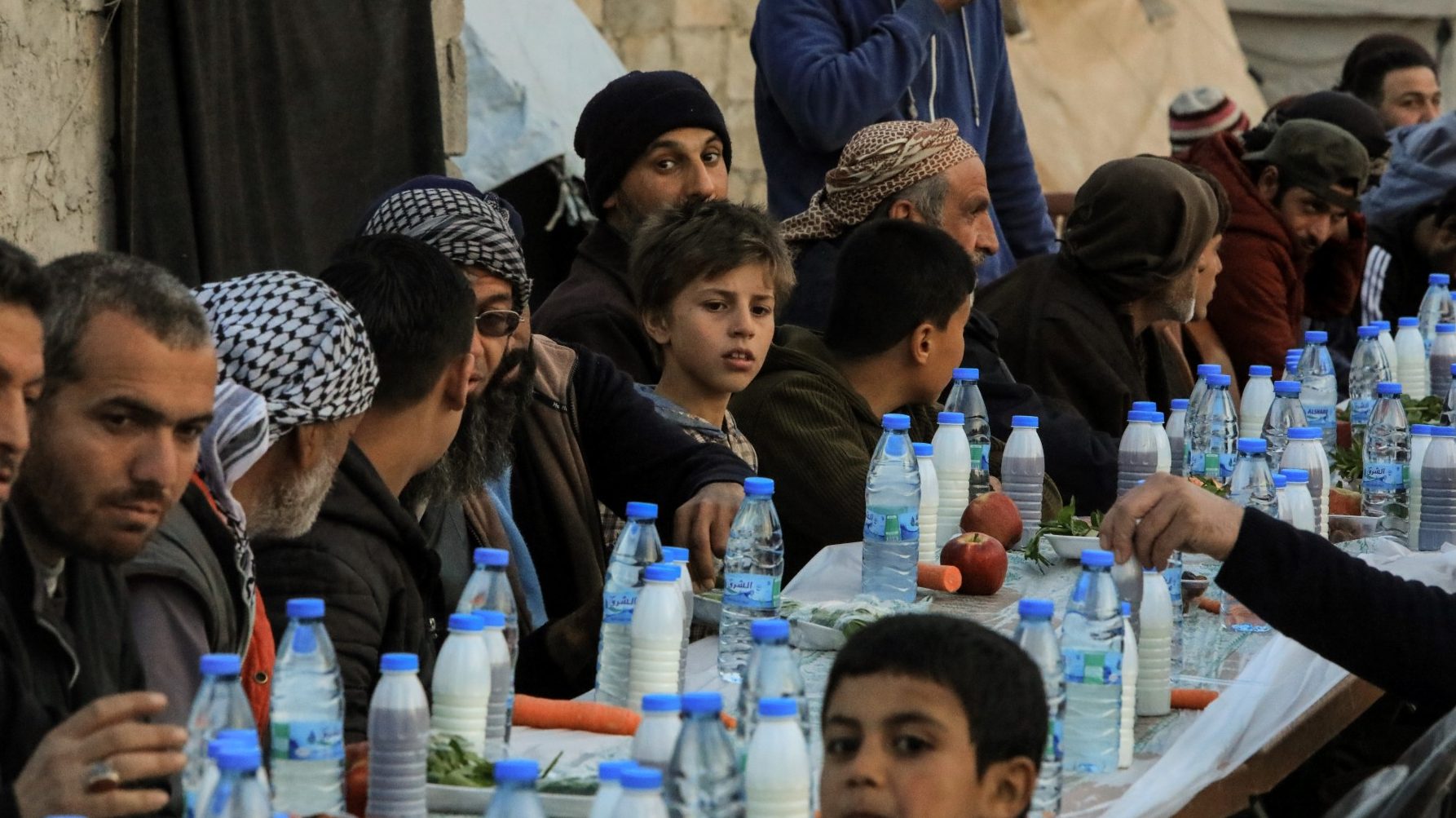Ramadan has come. However, the holy month, during which Syrians traditionally broke their fast with copious meals and a variety of sweets, seems far away. In fact, this year, Ramadan comes to a deeply impoverished Syria.
In fact, wheat prices in Syria have risen by 27 percent since the beginning of 2022, coinciding with the disruption of grain shipments to the breadbasket in the Black Sea region and the beginning of Ramadan, according to the opposition website al-Hal Net. However, the Ministry of Interior Trade and Consumer Protection of the Syrian regime reduced citizens’ allowances for bread by 25 percent, justifying the decision by a “25 percent drop in consumption” in the month of Ramadan, and claiming this prevents smuggling. At the beginning of the year, the regime excluded hundreds of thousands of families from the subsidized “ration card”. Wheat cultivation areas in Syria have declined in 2022 compared to 2021, reaching 1.2 million hectares, compared to 1.5 million last year.
Read Also: Recap: Assad Visits the UAE in Major Step Towards Arab Normalization
In addition to this, the war in Ukraine impacted the exchange rate of the Syrian pound. In fact, according to the Kurdish agency North Press, last Ramadan, the exchange rate was 2,500 Syrian pounds (SYP) against the dollar, but today, one dollar equals about 3,900 SYP. As a result, prices have greatly increased and shop owners have reported a considerable decrease in the demand for their products.
In fact, still according to North Press, the World Food Program aid 12.4 million people in Syria (55 percent of the population) are food insecure, 1.3 million are severely food insecure and 6.8 million people are IDPs.
However, the Syrian regime claimed that it is working actively to ease the effects of the Ukraine, particularly the war in Ukraine, on Syria, especially during the month of Ramadan. In fact, according to the opposition news website Shaam Network, President Bashar al-Assad met with a number of media and economic figures as part of a series of meetings to manage the economic issues in areas of regime control. A media official among the attendees posted a picture that he said was after “a deep dialogue on the crisis in Ukraine.”
Sources were quoted as saying that the head of the regime held a meeting with senior advisers at the Presidential Palace, led by experts and economic advisers, during which he instructed to hold “intensive” meetings between economic committees and senior regime officials.


